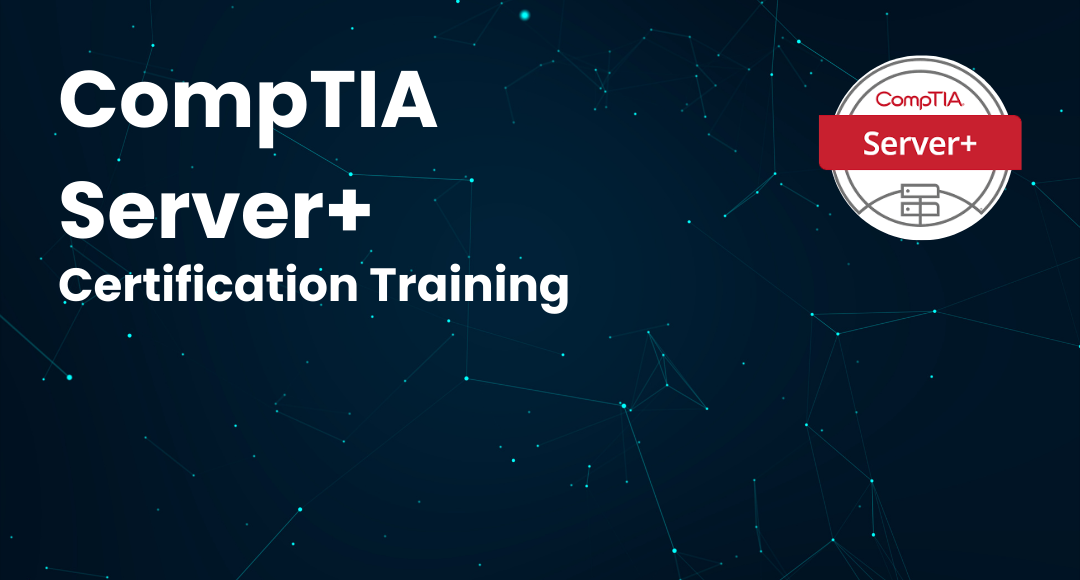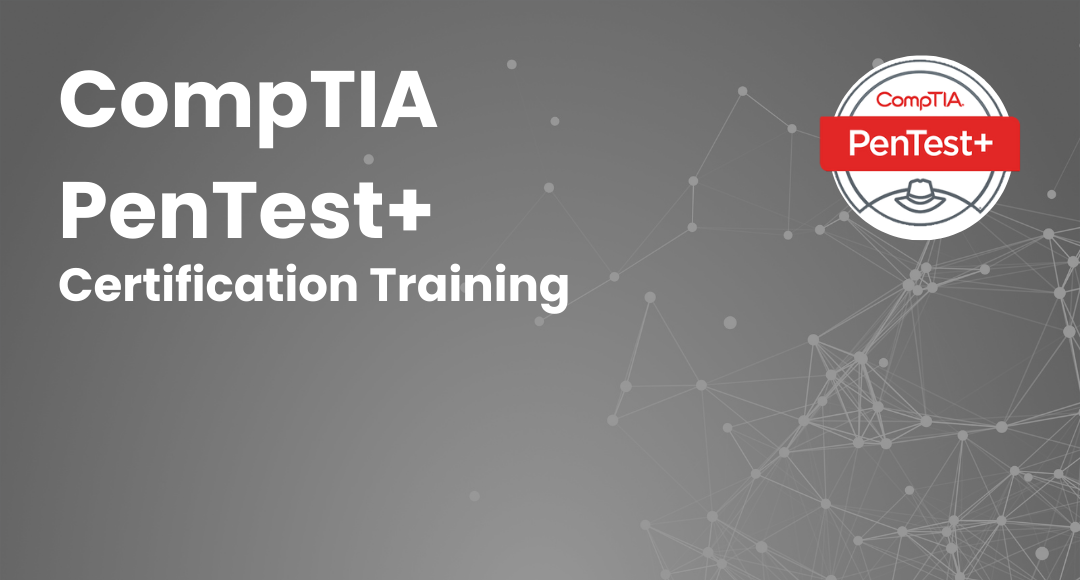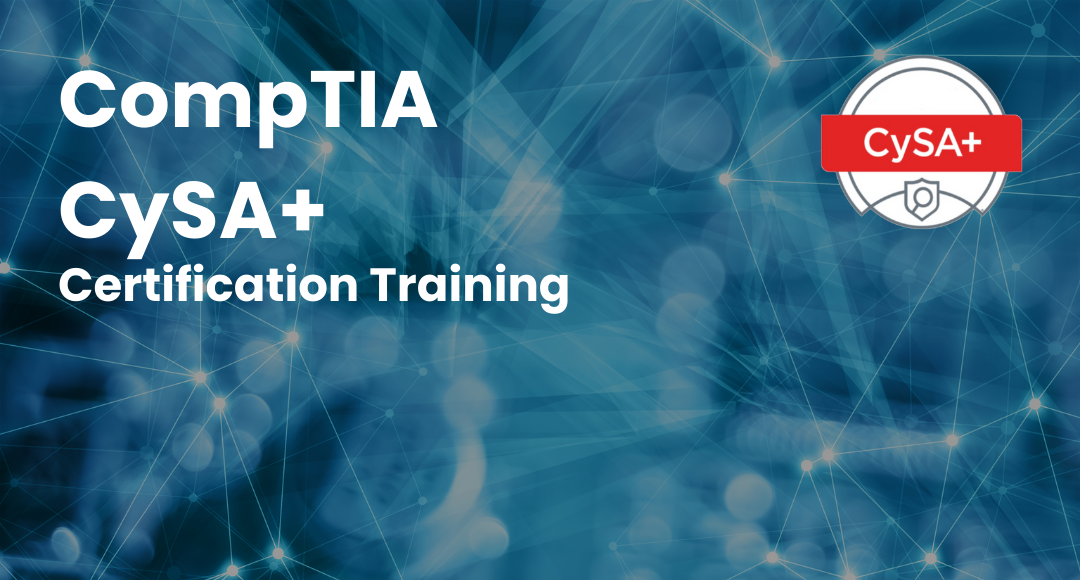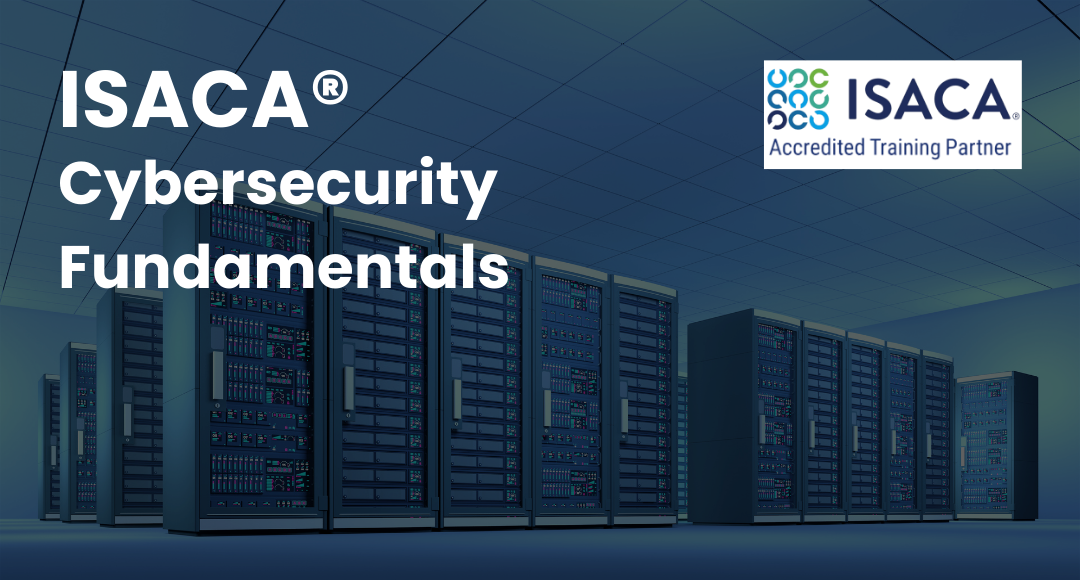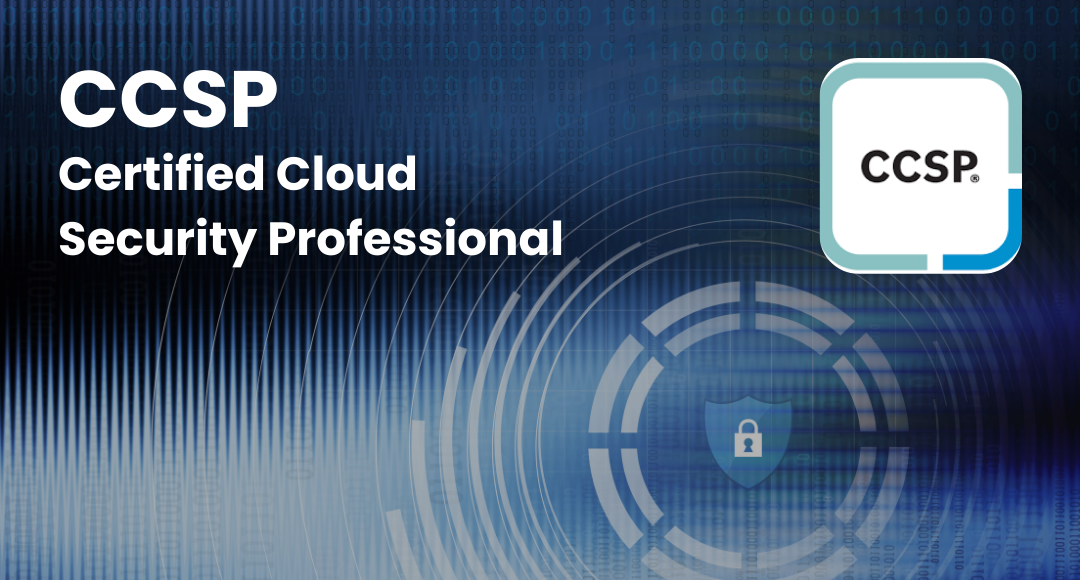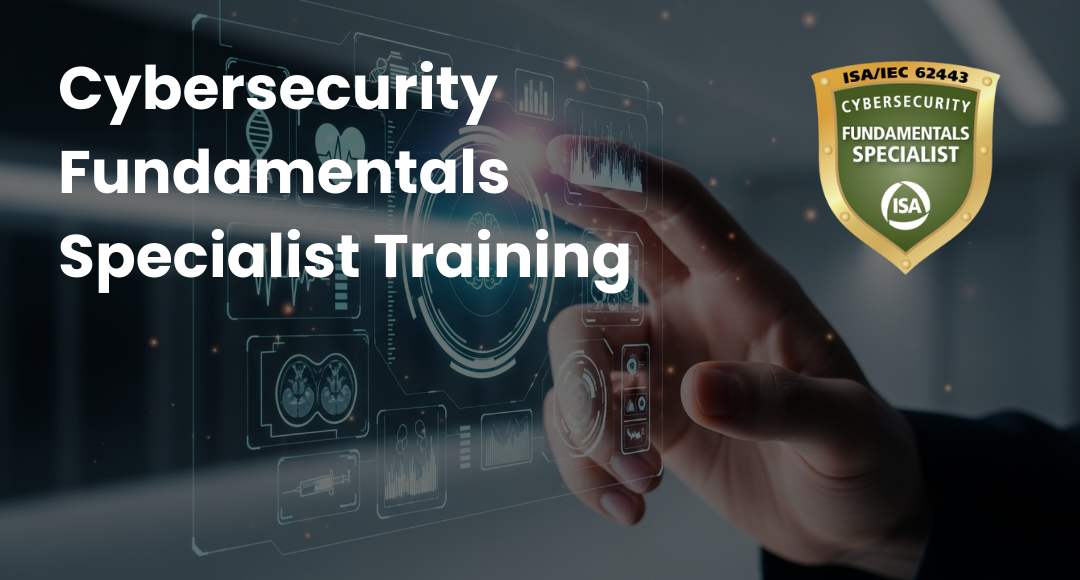Cybersecurity Fundamentals Explained
-
 By Syed Irfan
By Syed Irfan
- Published on Feb 2 2024

Introduction to fundamentals of Cyber Security
The use of the Internet by businesses gave rise to mobile banking, social networking, online shopping, and so on. It has offered us a big list of benefits; however, it has some drawbacks as well. Since it exposes our data to the internet, it increases the threat of cybercrimes. Therefore, it is important to protect yourself and your company against cyber threats. So, it is vital to understand cyber security fundamentals clearly. You will learn about the cyber security fundamentals in this article.
History of Cyberthreats Explained
The rise of cybersecurity took place because of the growth of computer viruses. The creeper is the original name of the computer worm created by Robert Thomas in the 1970s. It infected the computer by transferring from one system to another. The first antivirus program is known as the reaper; it made it possible to detect and delete creepers completely from computers.
From that time on, the growth of the viruses is tough to control. Therefore, you must know about cybersecurity fundamentals to protect the systems in a better manner.
Introduction to Cybersecurity
Cybersecurity can keep the data, computers, and networks safe. It is a set of processes, methods, and practices that guarantee the safety of the data. It is vital to keep the data safe from any unknown source. In other words, the criminals are normally after the valuable data of a company.
The best cybersecurity measures can minimize the risk of cyber threats and keep the company safe. Also, it helps to keep the people safe from the loss of any personal data.
Best Cybersecurity Certification by (ISC)2:
CISA certification training to clear CISA exam – Get CISA certified
CISSP Certification Online Training
The three main terms of cybersecurity measures are processes, technology, and people. It is the best approach that helps the company to protect itself from any complex or dangerous attacks and also usual internal risks. For instance, it includes mistakes by humans and unintentional breaches.
The development of technology has also raised the difficulty level of the attacks. So, it is really important to learn more about cybersecurity and to understand cyber security fundamentals.
Various Aspects of Cyber Security
You need to understand the security setup included in a network or system. This provides you with more information about cyber security fundamentals. Hackers try to acquire data illegally from a computer system, network, or website by making use of hacks. Hackers create special illegal programs and use these programs to gain unauthorized access to a system. So, understanding these security threats is important.
These security threats are as given below:
• Vulnerability: It is a weak element present in the security system. It is also referred to as a bug or flaw and, thus, is used to manipulate information. This leads to a crack in the security system.
• Cyber Threat: It is the presence of a soft spot in the security of the network. Mainly, the hacker gains information about it and tries to access the network. An attacker uses these points as gateways. This leads to information-stealing or encryption of files, and thus criminals can demand money for decryption.
• Social Engineering: It is one of the common threats present in a network or computer system. This kind of attack targets the company as well as an individual. A hacker tries to steal sensitive information from the victim. Later, hackers manipulate the data and cause trouble for the victim.
• Zero-Day Attack: This is another common form of a threat nowadays. These flaws are new and are only known to the software developers. Thus, such flaws become a threat to the security of the system due to the late release of the official patch or fix. Thus, cybercriminals exploit these flaws to leak information.
So, cyber security fundamentals are useful for both beginners and professionals to level up their careers. It helps in creating a stronger base.
Explore CompTIA Certifications:
CompTIA A+ Certification Training from Industry Experts
Get CompTIA Security+ Training and Earn the Certification
CompTIA CASP+ Certification Training – online, live online and classroom
Importance of Cybersecurity
The reasons for the increasing importance of cybersecurity in the modern world are:
• The rate of cyber threats is growing rapidly over the years. Cybercrime is currently over $400 billion, and it increased by $150 billion within two years.
• These threats are always very costly for companies to handle. Sometimes, the companies face both financial damage and data loss, which adds to the damage to the company’s reputation.
• Nowadays, these attacks are becoming very harmful to companies. The cybercriminals use highly complicated software. Therefore, it has become hard to examine this software.
• There are many regulations that are making sure that the companies take care of their personal data.
So, these reasons have resulted in the need for cybersecurity. It is important for companies. The main goal now is to build the proper plans that reduce the damage caused by these attacks. But if you want to build a proper plan, you have to get a clear idea of the cyber security fundamentals.
Cyber Security Fundamentals
You must learn the cybersecurity fundamentals to get a deeper understanding of the basic concepts. You must know about these basics of security before starting your journey in this field.
• Trojan
Trojan can attack financial companies easily. They can break through any antivirus systems without getting noticed. They are very harmful to any financial company as they can steal financial information at banks, insurance companies, and so on. It is hard to protect the data against this software.
• Virus
This is the most basic term of cybersecurity. It is a harmful software that damages the system and the documents. This program multiplies in number and spreads through infected files. It does not need a system that is infected already.
• Worms
This program does not cause any harm, but it multiplies on its own. It is also harmful because it can multiply continuously. So, it eventually takes up more than half of the space on the hard disk. The networks and systems gradually slow down because of this. It is a very confusing concept, so; you should go through the cyber security fundamentals thoroughly.
• Spyware
Attackers use this software to spy on a targeted system or network. If the attacker is successful at injecting the spyware, then monitoring every activity becomes easy for the attacker. The attacker then copies the original activity of the purchase that you do daily to steal any important data.
• Scareware
It is a program that is created to scare any person and make them buy an anti-virus. After it is installed, they get several messages on the screen. These messages read that your system is undergoing an attack and make them go into a panic mode. So, it then sends them to a fake website to buy an anti-virus.
• Keylogger
If you download this program, it logs all the system’s keystrokes. Then the attacking systems get all of this data. The attacker gets data like passwords, user IDs, and so on.
• Phishing
Phishing attacks are very common in cyberspace. In this attack, it sends the target to a false website to try and take confidential data like login information or passwords. The attackers use this type of attack to get the data related to the networks and to steal the secret data. If your website has been affected by such an attack, it’s important to take immediate action with hacked site repair services to prevent further damage.
• DDoS
Distributed Denial of Service is an attack used by the attacker to send a large number of requests to the server, network, or website. These requests normally fill up the servers and networks so that they break down. So, attackers use this simple software to deal with damage to the company.
• SQL Injection
The attackers use this harmful software to inject into a server for stealing data. The attacker uses it to get important data. Then he can easily alter and steal valuable information.
So, you can choose to read more about cyber security fundamentals to get detailed knowledge related to these security programs.
Difference between Threat, Vulnerability, and Risk
Threat: The thing that can damage a system is called a threat. For instance, a phishing attack is the most common type of threat.
Vulnerability: This is the weakness that is normally present in a system. It provides an entry point for these threats and so it does a higher amount of damage. For instance, SQL injection and cross-site scripting.
Risk: It is the height of the damage that a company might suffer if there is a presence of a mixture of threats and weaknesses in a system.
Therefore, these are some of the basics that you should know about. If you go through the cyber security fundamentals in-depth, you will get all the necessary skills.
Cyber Security Concepts
You will know more about the types of tools that are used to protect the company against harm by going through cyber security fundamentals. You will learn more about beginner-level tools.
Botnet: The set of devices that are linked together through an internet connection is known as a botnet. It includes PCs, servers, or mobile phones. These all can be infected by harmful software that leads to the loss of data.
Firewall: Cyber security fundamentals include a deeper explanation of Firewalls that is important for beginners. The traffic present in cyberspace or networks is large in number. So, to improve the security of the network, the traffic should be managed and monitored. It is used to provide more safety.
Final Words
So, if you wish to grow your career in the cybersecurity field, then you must start with the cybersecurity fundamentals. This way, you will learn all the important details related to it.
Explore Online cybersecurity certification courses from Sprintzeal
To get full details about cybersecurity certification training, chat with our course expert
Suggested Read - Best Cyber Security Certifications in 2026
Popular Programs
CISSP® - Certified Information System Security Professional
Live Virtual Training
- 4.5 (964 + Ratings)
- 65k + Learners
CISA® - Certified Information System Auditor
Live Virtual Training
- 4.9 (426 + Ratings)
- 39k + Learners
CISM® - Certified Information Security Manager
Live Virtual Training
- 4.6 (200 + Ratings)
- 8k + Learners
CCSP® - Certified Cloud Security Professional
Live Virtual Training
- 4.7 (964 + Ratings)
- 17k + Learners
Trending Posts
LinkedIn User Data Protection Explained
Last updated on Dec 10 2024
Information Security Analyst - Career, Job Role, and Top Certifications
Last updated on Jul 24 2024
How Target Turned a Cyber Crisis into a Lesson for All
Last updated on Jan 2 2025
How to Become Cybersecurity Engineer
Last updated on Oct 24 2023
How to Become an Information Security Analyst Salary, Skills, and More
Last updated on Jun 22 2023
Latest Trends in CyberSecurity
Last updated on Mar 4 2025
Categories
- Other 74
- Agile Management 48
- Cloud Computing 58
- Project Management 174
- Data Science 68
- Business Management 88
- Digital Marketing 84
- IT Service Management 29
- Programming Language 60
- AI and Machine Learning 88
- IT Security 113
- Quality Management 78
- IT Hardware and Networking 26
- Microsoft Program 5
- Workplace Skill Building 15
- Risk Management 9
- Information Security 8
- Leadership and Management 9
- Corporate Training and Development 1
Trending Now
Top 5 Compelling Reasons To Get A Cyber Security Certification
ebookHow to Become IT Security Expert with CISSP Certification
ebookTop 20 Reasons You Should Get a CISSP Certification
ebookWhat is CISSP? – Everything about CISSP Certification Explained
ebookPass CISSP Exam - How to Clear CISSP Exam in First Attempt 2026 (UPDATED)
ebookCISSP Certification – Top 25 Career Benefits in 2026
ebookCybersecurity – Everything You Need to Know About it
ebookUpdated Google Certification Training Course list 2026
ArticleWhich Certification is best for Cybersecurity?
ebookWhich Cybersecurity Certification Should I Get First?
ebookCysa+ certification – Should you get it?
ebookList of Top Security Certifications
ArticleEasiest Security Certification to Get
ebookCISM certification cost and career benefits
ebookISACA Certifications List 2026
ebookCareer Benefits of CISM Certification in 2026
ArticleList of Top Information Security Certifications in 2026
ebookCISM certification cost details
ArticleMitigate the Cyber-Attack Risks with Best Cyber Security Protocols
ebookCybersecurity Interview Questions and Answers 2026
ebookTop Cybersecurity Software Tools In 2026
ebookInformation Security Analyst - Career, Job Role, and Top Certifications
ebookCyber Security Analyst - How to Become, Job Demand and Top Certifications
ebookWhat is Data Security - Types, Strategy, Compliance and Regulations
ebookData loss Prevention in Cyber Security Explained
ebookCybersecurity Controls Explained in Detail
ebookCybersecurity Framework - A Complete Guide
ebookWhat is Cryptography - A Comprehensive Guide
ebookData Leak - What is it, Prevention and Solutions
ebookCybersecurity Career Paths Guide
ebookFuture of Cybersecurity - Trends and Scope
ebookCyber Security Careers and Outlook - 2026 Guide
ebook5 Cybersecurity Predictions in 2026 - Trends and Challenges
ebookScope for Cybersecurity in 2026 - Latest Update
ebookEthical Hacking Career: A Career Guide for Ethical Hacker
ebookApplication Security: All You Need To Know
ebookCybersecurity Roles - Top Roles and Skills to Consider in 2026
ebookHow to Get Cyber Essentials Certified
ebookTop 10 Cyber Security Threats and How to Prevent Them
ebookTop 10 Network Scanning Tools of 2026
ebookCyber Incident Response Plan: A Comprehensive Guide
ebookInformation Assurance Careers - Exploring Career Paths
ebookWhat is the Department of Defense (DoD) Directive 8140
ebookCybersecurity Mesh Architecture: What It Is and How to Build It
ebookWhat is Threat Modeling? Methodologies, Types, and Steps
ebookWhat is Digital Forensics? Types, Process & Challenges
ebookInformation Assurance Model in Cybersecurity
ebookHow to Become an Information Security Analyst Salary, Skills, and More
ArticleList of Top Department of Defense (DoD) Approved 8570 Certification Courses
ebookTop 5 Ransomware Attacks to Watch Out for in 2026
ebookJob Prospects for DoD Certified Professionals: A Pathway to Success in cybersecurity
ebook10 Biggest Data Breaches of the 21st Century
ebookWhat is a Cybersecurity Incident?-Types, Impact, Response Process and More
ebookCyber Security Planning - A Detailed Guide for Risk Mitigation
ebookWhat is Cybercrime? Exploring Types, Examples, and Prevention
ebookRecent Cyber Attacks & Data Breaches in 2026
ebookCybersecurity Strategy: Building a Strong Defense for Business
ebookCybercrime Impacts On Business: 6 Major Effects
ebook5 Types of Cyber Attacks You Should Be Aware of in 2026
ebookCloud Cyber Attacks: Causes, Types, Prevention and Protection
ebookCloud Malware: Types of Attacks and Security Measure
ebookCyber Attack Statistics and Trends to Know in 2026
ebookList Of Top Cybersecurity Threats In 2026
ebookSafeguarding Digital Domain: 10 Most Common Cybercrimes
ebookDemystifying Cloud-Based Cyber Attacks: A Comprehensive Guide
ebookPrevent Cyber Attacks: Strategies to Protect Your Digital Assets
ebookList of Top 10 Cybersecurity Careers in 2026
ebookTop 20 Cybersecurity Trends to Watch Out for in 2026
ArticleHow to Become Cybersecurity Engineer
ArticleUnderstanding Risk assessment in audit planning
ArticleFundamentals of Risk-Based Auditing: A Strategic Framework
ArticleRisk-based Audit Planning Guide for Beginners
ebookTop 8 Types of Cybersecurity Jobs and Salary Insights
ArticleA Comprehensive Guide to Building Risk-Based Internal Audit Plan
ArticleRisk-Based Internal Auditing Approaches: 7 Steps to Explore
ArticleCompTIA Security+ 601 vs. 701: Understanding Key Differences
ArticleWhy and How to Perform a Risk-Based Internal Audit
ArticleRisk-Based Auditing Techniques Explained
ebookEvolving Cyber Threats and Vulnerabilities in Cybersecurity Risk Management
ArticleWhat Is Secure Access Service Edge (SASE)?
ArticleHow to Stay Cyber-Secure in Work and Personal Life (Tips and Practices)
ArticleIBM Data Breach: Is IBM Really Breach-Proof?
ArticleTarget Cyber Attack: Key Lessons from the 2013 Data Breach
ArticleLinkedIn User Data Protection Explained
ArticleCanva Data Breach: Best Lessons for Users and Businesses
ArticleHow Did Capital One Respond to Their Major Cyber Incident?
ArticleWhat Innovative Measures Did Reddit Take to Protect User Data?
ArticleHow Does Slack Respond to Security Challenges?
ArticleTwitch Data Breach: Response, Changes, and Key Takeaways
ArticleGuess What Google Did When a Employee Breached Their Firmware
ArticleEthical Hacking Tools: Best Ones for Cybersecurity in 2026
ArticleWhat Happened When Cisco Faced a Cyber Incident?
ArticleWhat Sony Did to Rebuild Trust After a Major Cyberattack
ArticleHow to Handle a Data Breach? Learn from Microsoft!
ArticleCybersecurity Mesh: A New Approach for Security Design
ArticleHow Target Turned a Cyber Crisis into a Lesson for All
ArticleDropbox Data Breach: What Companies Can Learn from It
ArticleHow JPMorgan Chase Strengthened Security After Facing Cyber Threats
ArticleThe Future of Online Security: Trends to Watch in 2026
ArticleLatest Trends in CyberSecurity
ArticleTop 12 Cyber Security Apprenticeships with High Earning Potential in 2026
ArticleEnhancing Safety and Competence in Today's Workplace
ArticlePrivacy at Your Fingertips: How iPhone Users Can Use Tools Securely
ArticleAge Matters: Understanding the Generational Gap in Online Safety Education
ArticleCybersecurity 101: Why Cybersecurity is the Hottest Career Right Now
ArticleWhy Cybersecurity Training Should Be Part of Every Professional's Career Plan
ArticleHow to Protect Your Data When Traveling to Countries Like Malaysia?
ArticleTop Online Master's in Cybersecurity Programs for Working Professionals
ArticleHow AI Detectors Strengthen Cybersecurity in Modern Networks
ArticleHow to Become a Cybersecurity Engineer: Step-by-Step Career Guide
ArticleWhy Certification in Risk and Compliance Is Critical in Today’s Financial World
ArticleWhat is OSI Model? - Layers of OSI Model
Article




